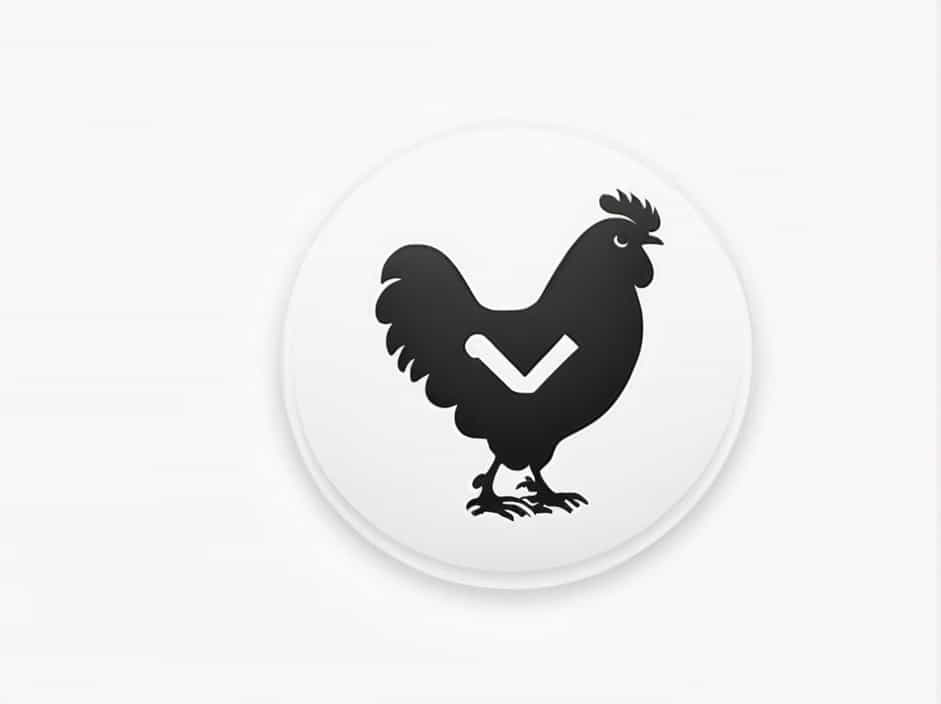Raising healthy chickens requires proper nutrition, including essential vitamins and minerals. Among these, Vitamin E and Selenium play a crucial role in maintaining the overall health, immunity, and productivity of poultry. This topic explores the benefits, sources, and correct dosages of these nutrients to ensure your chickens thrive.
Why Vitamin E and Selenium Are Important for Chickens
1. Boosting Immunity and Disease Resistance
Vitamin E is a powerful antioxidant that helps chickens fight infections and reduces oxidative stress. Selenium enhances this effect by improving the immune response, making chickens more resistant to diseases such as avian encephalomalacia, exudative diathesis, and muscular dystrophy.
2. Promoting Muscle Growth and Development
A deficiency in Vitamin E and Selenium can cause muscle degeneration and weakness in chickens. This can lead to conditions like “white muscle disease,” where the muscles become pale and weak. Proper supplementation supports strong muscle formation and prevents such issues.
3. Enhancing Reproductive Health
For breeders, these nutrients are essential for fertility and hatchability. Vitamin E improves sperm quality in roosters and boosts egg production in hens. Selenium, on the other hand, contributes to embryo development, reducing the risk of deformities.
4. Supporting Nervous System Function
Vitamin E is critical for a healthy nervous system. A deficiency may lead to ataxia (lack of coordination), tremors, and paralysis in chicks. Combining it with Selenium helps maintain proper nerve function and prevents neurological disorders.
Sources of Vitamin E and Selenium for Chickens
1. Natural Food Sources
Including natural sources in a chicken’s diet ensures balanced nutrition:
- Vitamin E: Found in sunflower seeds, spinach, broccoli, and wheat germ.
- Selenium: Present in fish meal, eggs, garlic, and Brazil nuts.
2. Commercial Poultry Feeds
Most high-quality poultry feeds already contain Vitamin E and Selenium. Always check the label to ensure your chickens receive the right amounts.
3. Supplements and Additives
For targeted supplementation, poultry farmers can use:
- Liquid or powdered Vitamin E supplements (mixed into drinking water or feed).
- Selenium-enriched premixes (added to feed in controlled amounts).
Recommended Dosage for Chickens
Over-supplementation can be harmful, so proper dosing is important:
- Vitamin E: 10–50 IU per kg of feed
- Selenium: 0.1–0.3 mg per kg of feed
Consulting a veterinarian before making dietary adjustments is always recommended.
Symptoms of Deficiency in Chickens
1. Weakness and Paralysis
Chickens lacking Vitamin E and Selenium may show difficulty in standing or walking properly.
2. Poor Growth and Feather Quality
Deficiencies can cause stunted growth, rough feathers, and a general lack of vitality.
3. Reduced Egg Production
Hens may lay fewer eggs, and the eggshell quality might decline.
4. Increased Mortality Rate
Severe deficiencies can lead to sudden death, especially in young chicks.
Preventing Deficiencies in Chickens
- Feed a balanced diet with Vitamin E-rich grains and Selenium-enriched feed.
- Provide clean and fresh water daily.
- Monitor your flock for signs of weakness or poor feather quality.
- Use supplements if needed, but avoid excessive doses.
Ensuring that chickens receive enough Vitamin E and Selenium is essential for their health, growth, and productivity. By incorporating the right feed, supplements, and proper management, poultry farmers can prevent deficiencies and raise strong, disease-resistant birds. Regular observation and balanced nutrition will keep your flock thriving.
